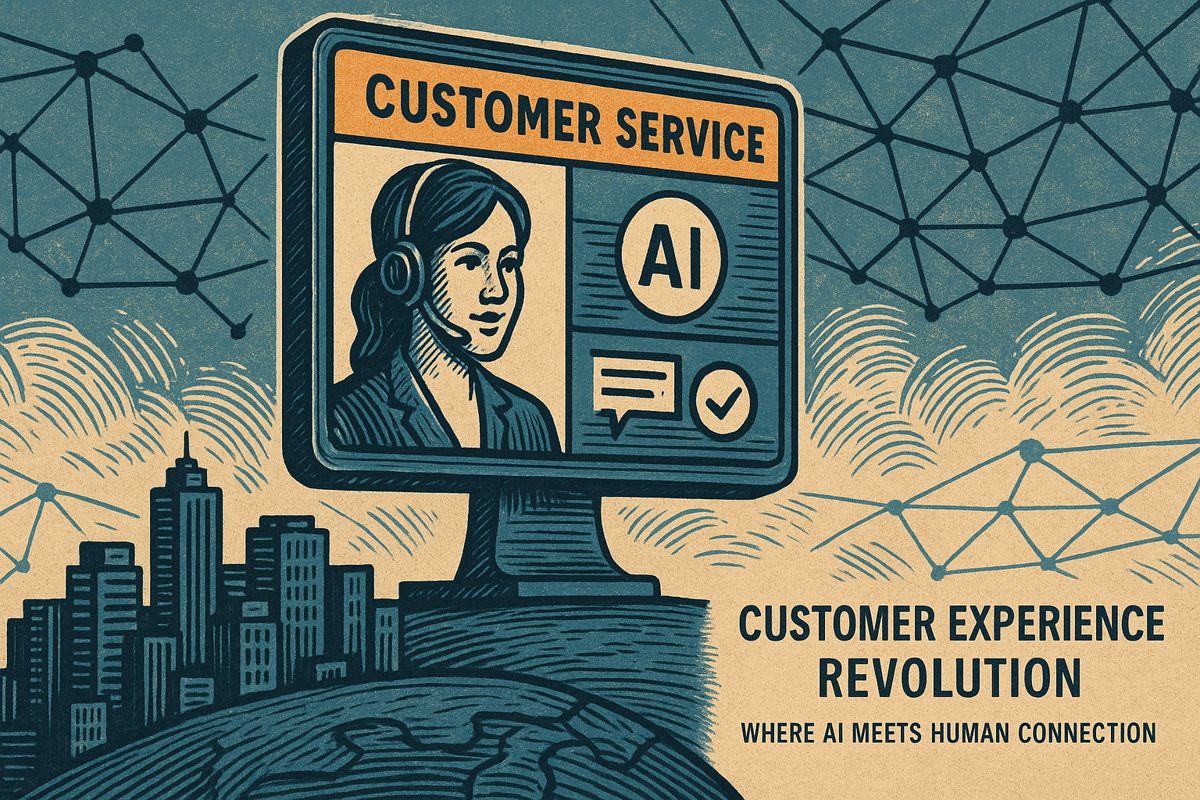The main idea of the text is about a new way to get noticed by AI search engines called Generative Engine Optimization (GEO). Instead of just trying to rank high on Google, GEO teaches you to write clear, short answers using real facts and special coding so AI bots will quote your content. The guide gives simple steps, like rewriting answers, checking if AI bots are using your pages, and adding up-to-date numbers with sources to your site. Many big companies are now looking for people who know GEO, and the manual explains how to do it in easy, daily lessons.
What is the main strategy for optimizing content for AI-powered search engines?
To optimize for AI search engines, focus on Generative Engine Optimization (GEO) by providing concise, well-structured answers with clear data, using schema markup. Measure your AI visibility and update content with verifiable statistics to increase citation rates in AI-generated summaries.
iPullRank has quietly shipped the first field manual for the AI search era – a 20-chapter playbook called The AI Search Manual that moves SEO practice from keyword counting to Generative Engine Optimization (GEO).
What the manual teaches in plain language
Instead of chasing 10 blue links, the guide shows how large-language-model engines (ChatGPT, Gemini, Claude, Perplexity, etc.) decide which fragments of the web they will cite or synthesize in zero-click answers. Each chapter is a tutorial: technical setup → content format → measurement loop.
| Focus area | Classic SEO 2024 | The manual’s 2025 GEO approach |
|---|---|---|
| Core goal | Rank position 1-10 | Be quoted in the AI summary |
| Key metric | CTR, impressions | Passage-level citation rate, AI bot crawl frequency |
| Content style | Keyword dense, long-form | Clear answers, structured data, statistical snippets |
| Tech layer | Meta tags, backlinks | Vector embeddings, schema, retrieval-augmented generation alignment |
3 moves you can apply this week
-
Find the queries your brand already answers
Export your top 100 questions from Search Console, tag each by intent (how-to, comparison, purchase), then rewrite the answer block as a concise 40-60 word passage wrapped in FAQPage or Speakable schema. The manual’s GEO core chapter supplies prompt templates that surface the exact sentences AI models are trained to lift. -
Measure AI visibility
The appendix ships a free Looker Studio template that cross-checks Gemini, Perplexity and ClaudeBot logs against your URL list, showing which pages already appear in synthetic answers and which ones are being ignored. Early beta users report a 28 % jump in AI citation share after the first revision cycle. -
Add live data to “static” pages
In the measurement chapter, analysts show that answers quoting numbers with sources are 2.1× more likely to stick in AI Overviews. Add a one-sentence stat block with a footnote link; engines treat it as a verifiable fact and keep it in the summary even when surrounding prose is trimmed.
Why search teams are treating this as mandatory reading
- 60 % of Fortune 500 brands now list GEO skills in SEO job specs, according to an August 2025 recruiter survey.
- Princeton’s GEO-BENCH study (47 000 evaluated pages) identified nine factors that predict citation; the manual turns those factors into checklists and code snippets.
- Built-in ethics guide (chapter 19) warns that inaccurate citations erode trust faster than missing rankings, pushing teams to verify every stat before publishing.
The manual is delivered as an email drip series: one tactic per day, plus updated examples and new crawler signatures as the models evolve.
What exactly is Generative Engine Optimization (GEO) and how does it differ from traditional SEO?
GEO is the practice of optimizing content so it can be cited and synthesized by AI-driven search engines instead of just ranking on traditional SERPs. While classic SEO focuses on backlinks and keyword density, GEO prioritizes clarity, factual accuracy, and structured data so LLMs like Google AI Overviews or ChatGPT can surface your content inside their answers. In 2025, more than 60 % of Fortune 500 brands already blend GEO tactics with legacy SEO to maintain visibility as traditional search volume is projected to decline by 25 % by 2026.
Which ranking factors determine whether AI systems will cite my content?
Research from the GEO-BENCH study (Princeton & Georgia Tech, 2024-2025) evaluated 47 000+ pages and revealed nine core factors:
– Passage-level relevance – aligning content snippets with specific query intents
– Structured data markup – schema increases discoverability
– Statistical integration – data-backed statements are cited more often
– Crawl-friendly format – clear H-structure, concise paragraphs, and bullet lists
– Authoritative citations – outbound links to credible sources
How do I measure GEO performance if clicks are disappearing?
Traditional metrics fall short when AI search delivers zero-click answers. New KPIs for 2025 include:
– Visibility in AI answers – frequency your brand is mentioned inside generated responses
– Citation accuracy – tracking whether AI references your content correctly
– Passage embedding distance – measuring how semantically close your content is to user queries using embedding models such as Google Gemini
– Bot crawl frequency – monitoring visits from ChatGPT-User, PerplexityBot, and ClaudeBot
What new skills should SEO teams add for the AI search era?
To stay competitive through 2026, practitioners need:
– AI prompt engineering – 86 % of SEOs now use AI workflows, with 83 % reporting performance gains
– NLP content design – writing for retrieval-augmented generation (RAG) systems
– Structured data fluency – mastering schema.org beyond basic Article and FAQ types
– Citation optimization – techniques to increase surface area for LLM references
– Multi-modal optimization – ensuring visibility across Gemini, Copilot, and emerging AI search clients
Are there ethical pitfalls when optimizing for AI citations?
Yes. Chapter 19 of The AI Search Manual warns of:
– “Citation without accuracy” – AI may cite you even when context is distorted
– Content integrity risks – low-quality AI slop can dilute brand trust
– Bias amplification – models may favor polarizing or outdated viewpoints
– Attribution erosion – answers that summarize without linking reduce proper credit
Best practice is to maintain transparent sourcing, factual rigor, and regular audit of AI-generated summaries referencing your content.



















